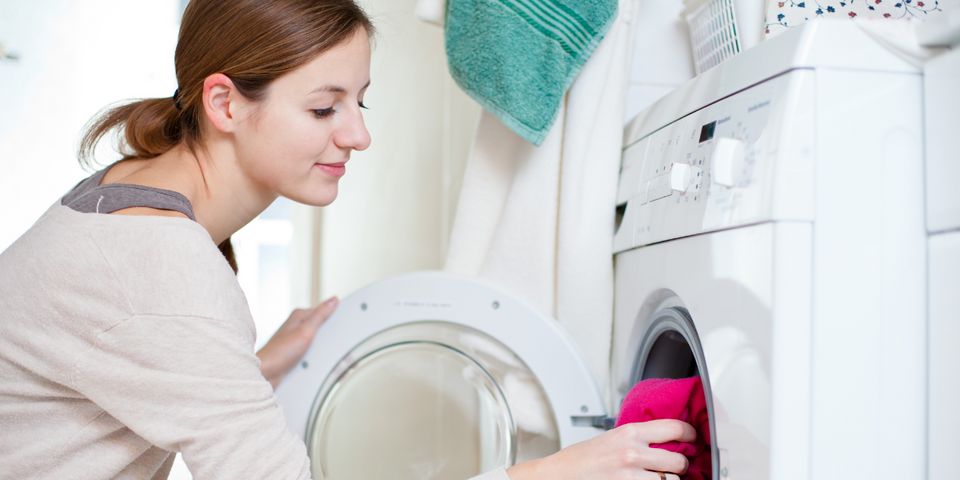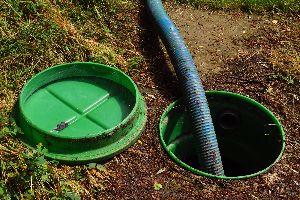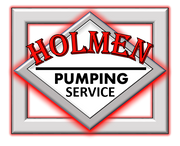How Fabric Softener Affects a Septic System

It’s common for people to add fabric softener to their loads of laundry. The product coats clothing fibers with an electrically charged chemical blend that feels decidedly silky to the touch. While this effect is pleasant, it can have a detrimental impact on your septic tank and the rest of the system. The following guide outlines why fabric softeners are problematic to use when doing laundry.
What Ingredients Does Fabric Softener Contain?
Fabric softeners are enriched with specific chemicals designed to soften your clothing. These can include anything from petroleum-based blends to anti-foaming agents made with silicone. They also contain colors and fragrances, which are potent allergens that can cause irritations to household members. Other possible synthetic ingredients include musk and phthalates.
How Do They Affect the Septic Tank?

While fabric softeners do leave your laundry feeling soft to the touch, it comes at a price. The same chemical compounds responsible for leaving behind the silky finish also contain antibacterial ingredients. Meanwhile, your septic tank contains friendly bacteria that are needed to properly treat solid waste and wastewater that comes from your home.
When the antibacterial agents come across the friendly bacteria, they can destroy the balance in the tank. This can impact the tank’s ability to do its job properly, preventing it from breaking down waste effectively. The good microorganisms living in the tank turn solid materials into liquids so that they can eventually be dispersed to the drain field through pipes. Without this process, solid waste would continue to build up and fill the tank, causing it to overflow. Since fabric softeners also contain nitrogen, this element can make its way to the groundwater supply, leading to algae formation, contaminated drinking water, and other issues.
Are There Septic-Friendly Alternatives?
Pouring one-quarter of a cup of distilled white vinegar into your load of laundry is a more effective way to soften your clothes, bedding, and towels without harming the septic system. You can add a few drops of your favorite essential oil to the final rinse cycle of the washing machine, or use wool or aluminum dryer balls to prevent static. You should also avoid products that are labeled septic-safe, as you can’t be certain whether they will pose a threat if you wash more than one or two loads per week.
If you seek a reliable professional to pump your septic tank, turn to Holmen Pumping Service in Wisconsin. The family-owned business is proud to offer comprehensive services throughout La Crosse, Galesville, Trempealeau, West Salem, Melrose, Mindoro, Ettrick, and the surrounding cities, including septic tank pumping and maintenance. Area counties require homeowners to service their tanks every three years, but some properties may require more frequent pumping, depending on usage. Rely on this team to ensure that your system always runs smoothly. Visit the website for more information, or call (608) 526-3865 to schedule an appointment.
About the Business
Have a question? Ask the experts!
Send your question

